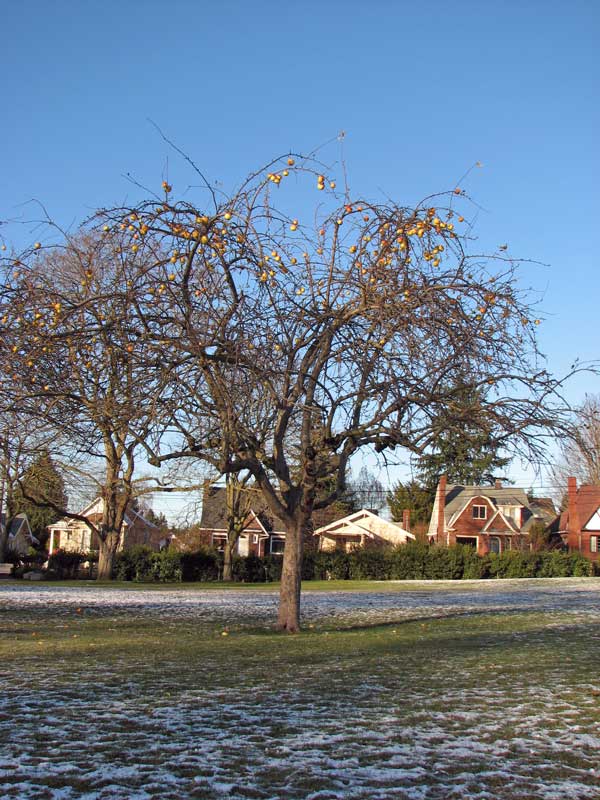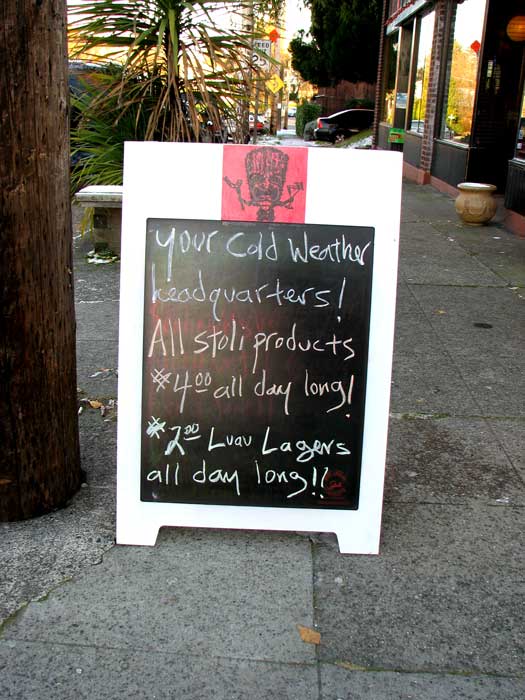As for the play itself - I reiterate that I am 2+ decades removed from my last exposure to the Gatsby story - my feeling is that, if you’d read the book recently, you’d feel a bunch of “clicks” as parts of the stage presentation interlocked with your recollection of the novel. Taking the play as a separate entity, however, may require, if you haven’t read the novel recently, that you actively aspire to reconnect to the story and are willing to fill in the gaps with your imagination. I think that there are themes in the novel that the play simply does not “sell”.
For instance, you have to take on faith the adulation of Gatsby for Daisy, as we don’t get to see their comparatively uncomplicated pre-war dalliance, and the Daisy on stage doesn’t make you want to commit felonies for her. Yet this is the shaky bedrock upon which Gatsby’s entire edifice of accomplishment, illusion, imagination and (when all of those fail) will is built. What we get to see is a fairly wan and unconvincing siren of whatever it is that Gatsby remembers and now aspires to. The light on the dock may be green, but we’ve ignored a lot of red channel-markers to get there.
The Meyer Wolfsheim character, Gatsby’s alleged “fixer” if you’ve read the book, skulks around the stage without any stated reason for his presence, and no action or dialogue of his own to explain him. He should either be useful, menacing, or absent.
What does convince is Gatsby’s overweening drive to will into existence the happy ending to his fairy tale. He allows doubts to be stated about his academic claims and the provenance of his wealth, but the one thing he won’t allow to be de-mythologized is his avowal that Daisy has always loved him exclusively, despite her marriage to Tom. He challenges her to confirm this most fervent dream of his, but she demurs. It may be the only honest thing she does during the time we observe her.
One other thing that clunks a bit in this production: it seems that one of Nick’s theories was that the social disconnect between him, Gatsby and Daisy/Tom was an east/west cultural dissonance (in this case, “west” is still east of the Mississippi - probably Minneapolis/St. Paul). None of this is evident throughout the performance, but they have Nick speak a line about it at the end of the play, and it simply doesn’t wash. If we’re talking “rustic” vs. “sophisticated”, I’m sure you could find all the bumpkins you wanted to in the New Jersey of that era.
So, to summarize, I found Nick (the narrator) and Gatsby to be nicely drawn and acted in this production, and worth the ticket price. And, if you’ve read the novel recently, a lot more of the play will undoubtedly resonate with you than it did for me.






